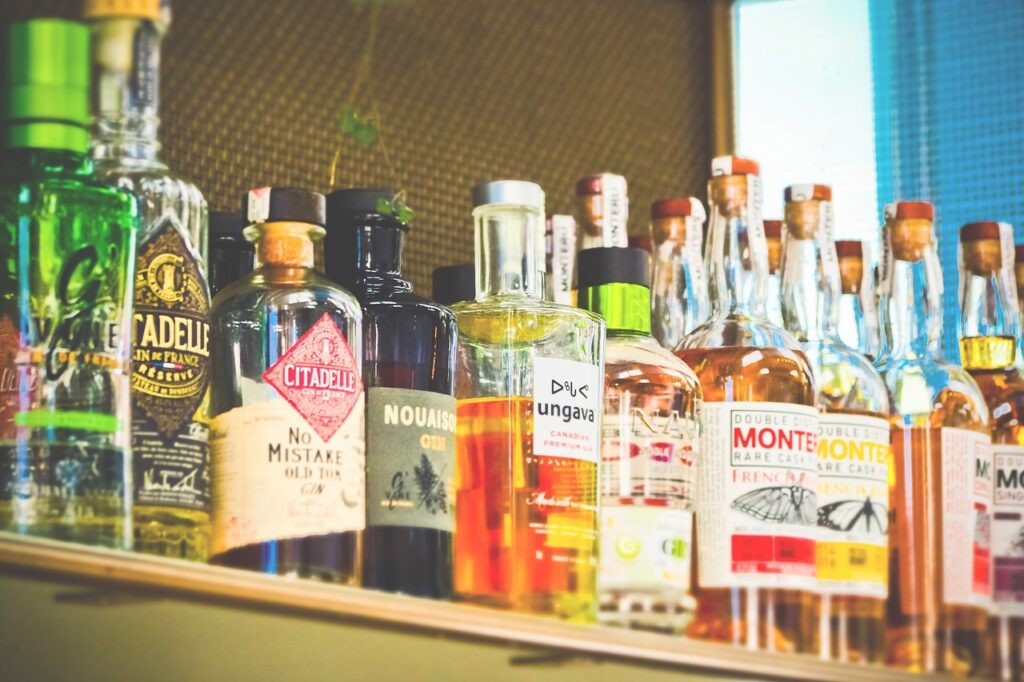Why Alcohol is Prohibited in Islam?

Why Alcohol is Prohibited in Islam: Verses and Opinions from the Schools of Thought In Islam, the consumption of alcohol is strictly prohibited. This principle is based on Qur’anic verses, authentic hadiths, and the interpretations of scholars and the four main schools of Islamic jurisprudence. The prohibition is aimed at protecting believers from the spiritual, […]

